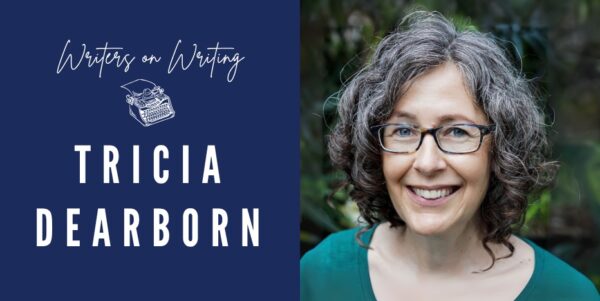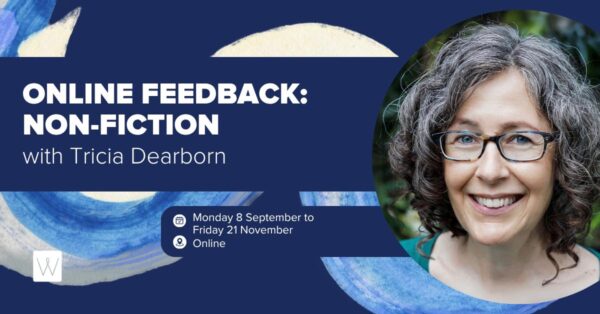
How do you balance giving feedback that is sensitive while also straightforward?
It’s all about respect, for the work and the writer. Respecting the work means I bring all my experience and expertise (30+ years in publishing, working with prestigious publishing houses and private clients) to reviewing a given piece, be it non-fiction or fiction, a complete manuscript, or an excerpt from a larger work. It means always wanting the best for the work. Respecting the writer means I convey all the notes and comments I think could be useful, ensuring that my feedback is clear, concise, and direct. It also means giving feedback in a way that is encouraging – I want the writer to see what’s working well, and to feel equipped and eager to tackle anything that might not be working so well.
Do you have any tips for getting into a critically appraising mindset, for writers reviewing their own work or that of others?
If it’s your own work, when you’re writing a first draft you want that appraising part of your mind switched off. Tell it you’ll be needing it later.
Then, before you cast a critical eye over your own work (not a negative eye, but an appraising one), one thing that can help is to set the work aside for a time – a day, a week, a month. This can give you some separation from the work and provide some useful perspective. If you’re writing short pieces, it can also help to move between them. Taking a break from one piece and working on another one can help you come back to the first one with a fresh eye.
If you’re reviewing others’ work, simply note your natural responses as you read, bearing in mind that this is another writer’s work, and they won’t always make the same choices you would. Some questions it can be useful to consider are: does the piece achieve what it seems to be setting out to achieve? What is helping it do that? What is working against it (as you see it)? What is it that engages you as a reader? Are there any places where that engagement falters? Were there any points where you felt confused?
Are there qualities that you look for in creative non-fiction that apply across different genres, for example memoir, self-help, and true crime?
A few things come to mind that apply across genres. You want the work to hook the reader straight away and keep them engaged. You want the gist of the work to be clear, whether it’s the story in a memoir or true crime book, or the argument or progression of thought in an essay. You want the structure of the work to support what it’s trying to do. For example, including unnecessary detail can slow the pace, and distract or annoy the reader. A slow opening may mean readers don’t read on at all. In a self-help book, you need the order in which the content is rolled out to make sense.
What type of feedback, in your experience, do creative non-fiction authors find useful?
This really depends on the writer. Some writers write beautiful sentences, but have problems with overall structure. Some writers are excellent at structuring, but need a little help to make their language sing. Some have a sense that something’s not working, but can’t put their finger on what. And some writers can already tell you what the problems are, but don’t know what to do about them. I aim to send every writer away with tools and suggestions that will help them strengthen their work.
Tricia Dearborn is an award-winning writer and a highly experienced editor. She has run her own freelance editing business for nearly 20 years, focusing on memoir, creative non-fiction and fiction (both literary and commercial). Non-fiction manuscripts that Tricia has worked on have been shortlisted for, and won, major literary awards. She works with private clients as well as publishers including Allen & Unwin, Simon & Schuster, NewSouth Publishing and Text (now an imprint of Penguin Random House). She has considerable experience in giving writers feedback that is straightforward, sensitive and constructive.
Join Tricia Dearborn for her course, Online Feedback: Non-Fiction, Monday 8 September to Friday 21 November 2025 (3 months), online.

If you want to be the first to read great advice, prompts and inspiration from our incredible tutors, subscribe to our weekly e-newsletter Newsbite.
More from Writing NSW
Check out our full range of writing courses in Sydney, our online writing courses and our feedback programs to see how we can help you on your creative writing journey. Find out about our grants and prizes, as well as writing groups across NSW, and sign up to our weekly newsletter for writing events, opportunities and giveaways.
